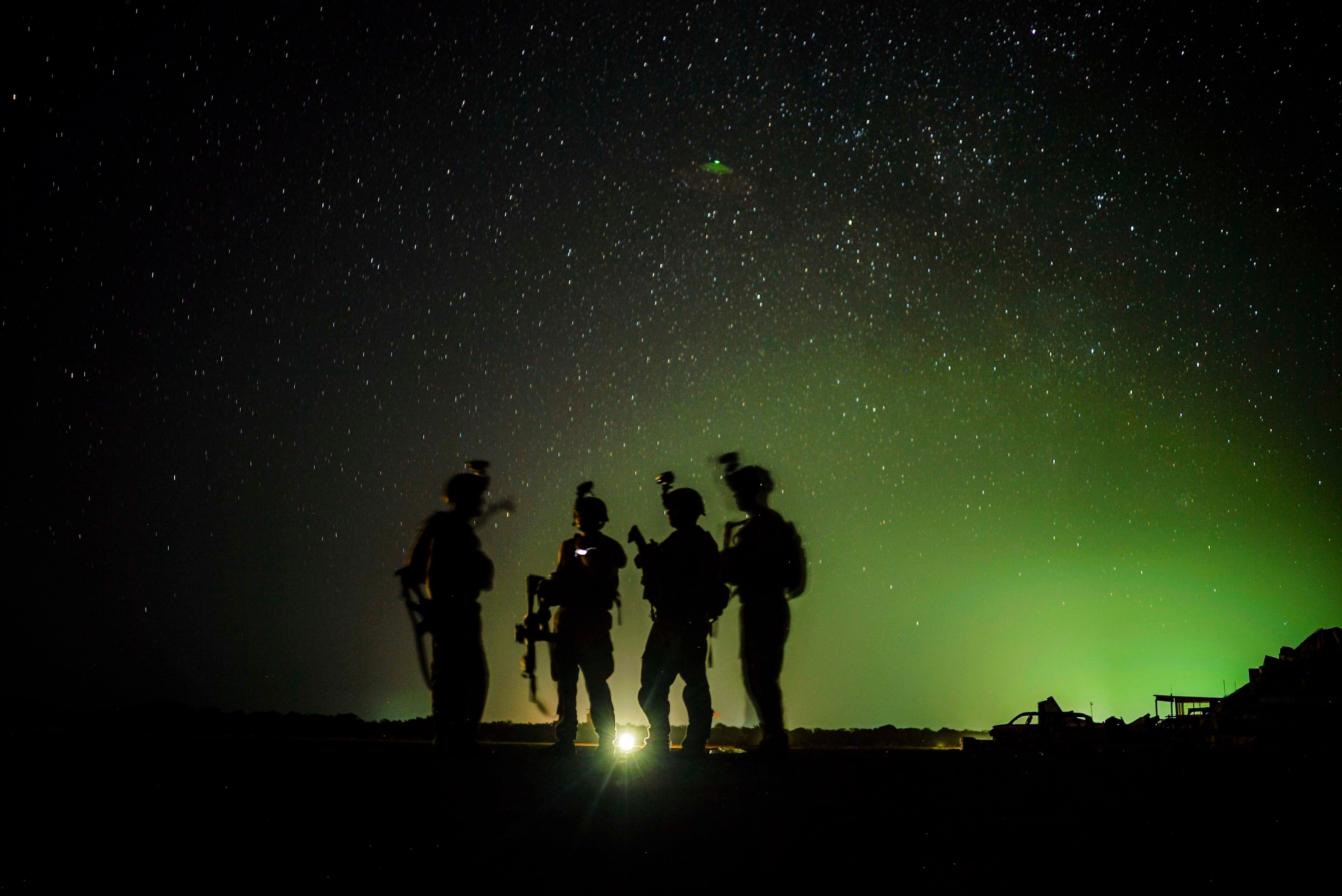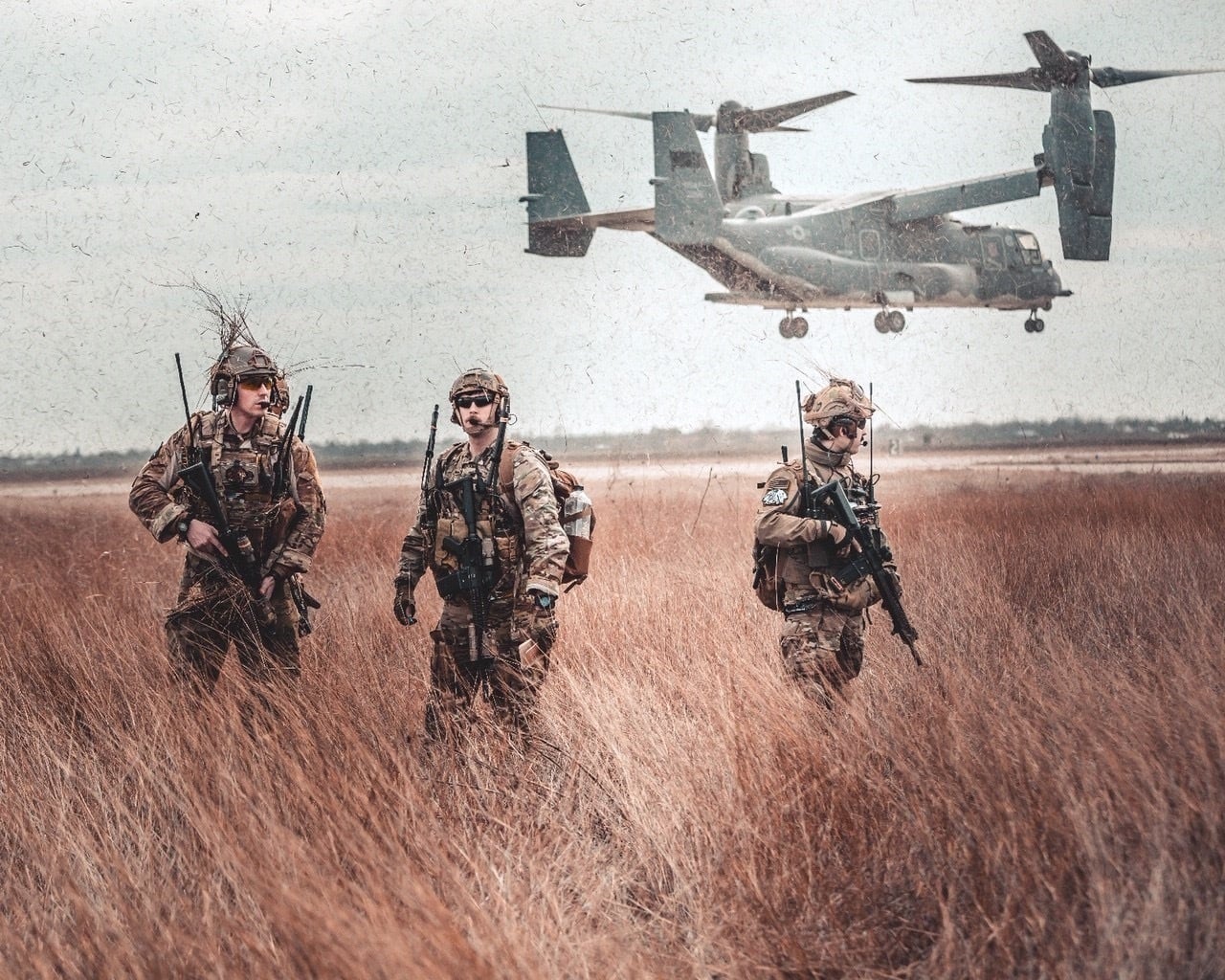Congress plans to raise funding by 50 percent for the obscure authorities used by U.S. special operations forces to counter adversaries in foreign countries through irregular warfare, according to the defense bill approved by both the U.S. House and Senate, but still pending the president’s approval.
Funding for the 1202 authority — named for the subsection of the defense authorization act it originally fell under — is now set at $15 million, up from the modest $10 million it has been limited to since it began in 2018.
The authority is used to support foreign forces, groups or individuals helping U.S. commandos who are engaged in approved irregular warfare operations, according to legislation and policy memos.
The defense bill also extends the 1202 authority for several more years and requires military officials to submit to Congress a description of steps taken to ensure that recipients of 1202 funds have not engaged in human rights violations, as well as periodic reviews as a way of investigating credible complaints of abuses.
The 1202 authority is meant to counter adversarial countries in the “grey zone” — a realm of military competition that falls below the threshold of traditional armed conflict and includes developments like island building in the South China Sea and the use of proxy forces in eastern Ukraine.
RELATED

During a congressional hearing in February 2019, Owen West, the former assistant defense secretary for special operations and low intensity conflict, said that the 1202 authority was “purpose built” for the shift to great power competition.
It differs from a similar authority, the 127 Echo program, which funds the use of surrogate forces in counter-terrorism missions, often in places like Africa. The 127 Echo program started with a small fiscal authority of $10 million in the mid-2000s, but grew to about $100 million per fiscal year more than a decade later.
During the 2019 hearing, West said that he envisions a similar trajectory for the 1202 authority.
“We have to demonstrate its value proposition to you … but ultimately, I think this should be as large as 127 E,” West told Congress in February 2019.
How much the 1202 authority will be able to achieve remains uncertain. Though the 127 Echo program ballooned to 10 times its original budget, combating violent extremist organizations has proven to be a difficult task that has brought mixed results, even for U.S. special operations forces.
Kyle Rempfer was an editor and reporter who has covered combat operations, criminal cases, foreign military assistance and training accidents. Before entering journalism, Kyle served in U.S. Air Force Special Tactics and deployed in 2014 to Paktika Province, Afghanistan, and Baghdad, Iraq.




